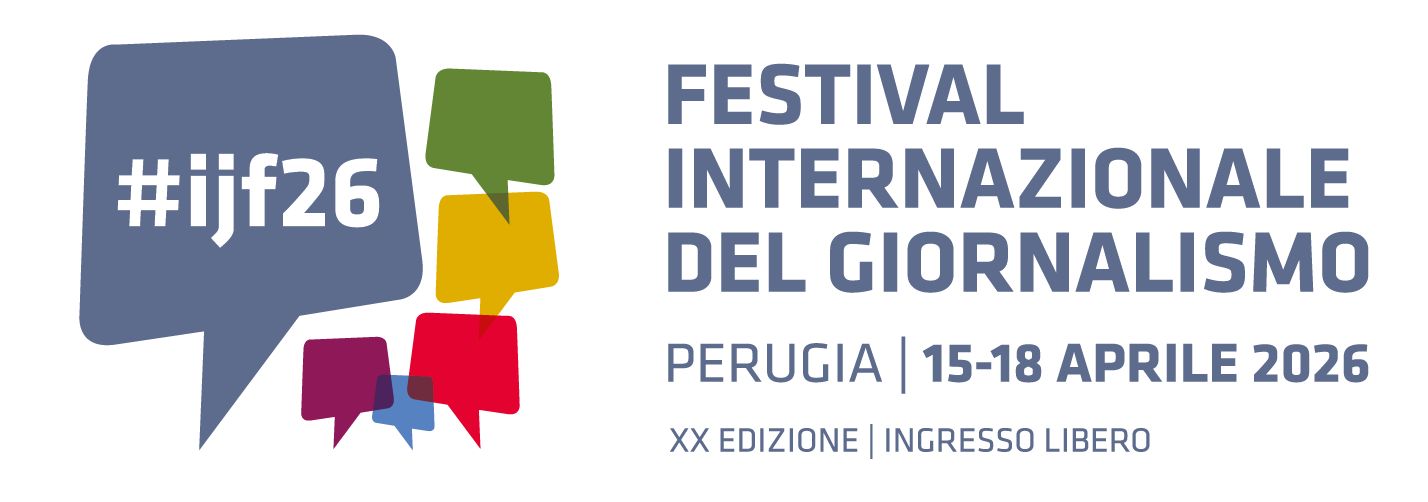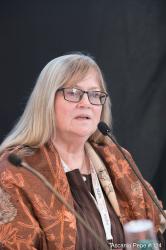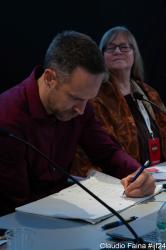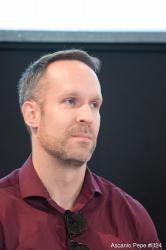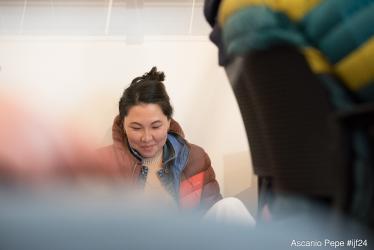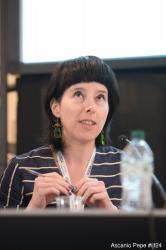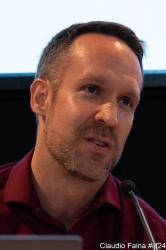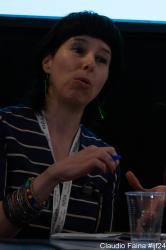The pervasive spread of mis- and disinformation about health poses a serious threat to public well-being. These misleading narratives are not just confusing; they are proving fatal. The Covid pandemic was a case in point - and so was HIV denialism in the United States in the late 80s and in South Africa in the late 90s and early 2000s.
But mis- and disinformation in the health space isn't just about social media accounts trading in pandemic conspiracy theories. It can be exacerbated by journalists reporting on poor studies or being influenced by bad actors, including Big Food, Big Pharma, Big Tobacco and other industries which use everything from front groups and social media campaigns to sway the public narrative in their favor.
Health journalists have the crucial task of disseminating accurate and evidence-based information to the public. So how can journalists be sure that the studies they are referencing use quality science and that the experts they are quoting aren’t being influenced by industry players? Moderated by Susan Ferriss.
Organised in association with Bhekisisa Centre for Health Journalism.
